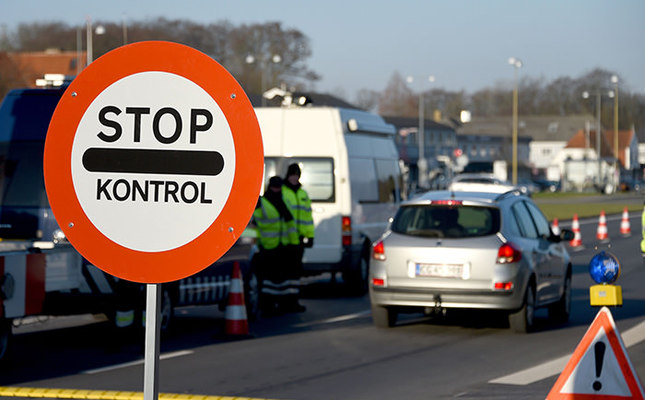
It was a month ago that Denmark announced that they would be instating tougher border controls between Sweden and Denmark due to the rise of gang violence and explosions in the region.
The border controls are initially meant to be in place for a six-month period starting tomorrow, November 12. Targeted areas will be the Öresund bridge, which holds importance since it connects Sweden and Denmark through Malmö and Copenhagen, as well as the ferry stations.
2019 has seen an uprising in violence in both Denmark’s capital, Copenhagen, and Malmö, Sweden’s third-largest city. On August 6, an explosion at the Danish Tax Agency was said to have been committed by criminals crossing the border from Sweden. On June 25, two Swedish citizens were gunned down in the outskirts of Copenhagen, in what is believed to be gang violence.
Denmark Justice Minister Nick Haekkerup noted that the two events were “examples of the serious crime that can flow over the border from Sweden. We will not accept that.”
Across the border, Swedish Prime Minister Stefan Lofven told a local news agency that “We have a serious situation… The inhabitants of Sweden should feel safe, whether they are on the streets and squares, at home in their residential area or wherever they are.”
Along with the border checks, authorities plan to have more CCTV surveillance, better surveillance of gang members, more drones scattered across “hot spots”, as well as bomb-sniffing dogs.
Anyone traveling across the border will need to carry proper identification, such as their passport or driver’s license. However, many of the commuters who travel the route frequently are already used to the heightened security between borders since the 2015 immigration wave.
Denmark’s National Police said in a press release that they hoped these border checks will “prevent serious and organized crime from spreading.”




